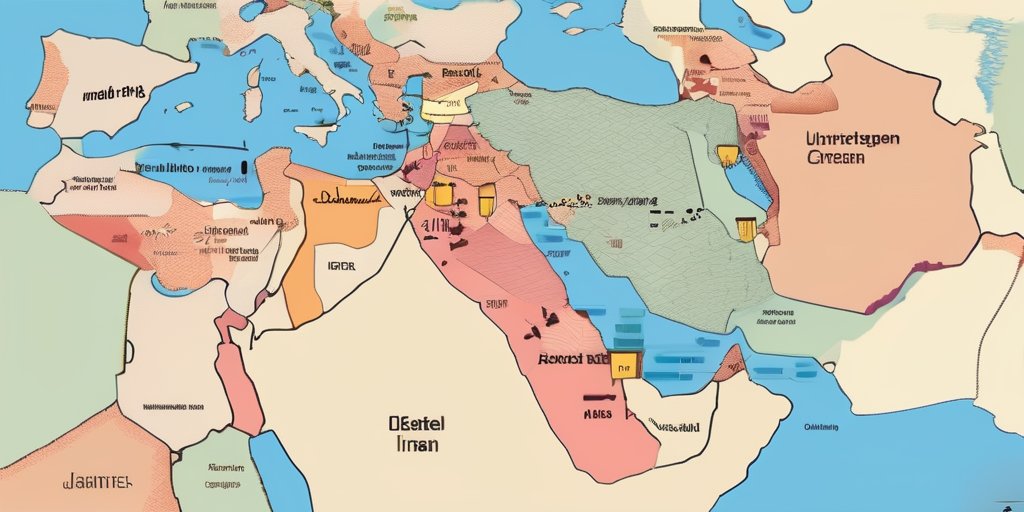In a dramatic turn of events, tensions in the Middle East have escalated following the announcement of a ceasefire between Israel and Iran, facilitated by former President Donald Trump and Qatar. Just after 05:00 GMT on Tuesday, Trump took to his Truth Social platform to declare that a ceasefire had been established, urging both nations to adhere to the peace agreement he played a pivotal role in securing.
The ceasefire came after a tenacious 12-day conflict, ignited by Iran’s missile attacks on a US base in Qatar—a response to recent American strikes on its nuclear facilities. Following Trump’s announcement, the Israeli government confirmed its acceptance of the U.S. proposal shortly after 06:00 GMT, conditioned on Iran halting its attacks. However, the truce was short-lived.
Within hours, Israeli Defence Minister Israel Katz accused Iran of violating the ceasefire, stating that Israeli military forces would respond decisively with powerful strikes on Tehran. Despite these claims, Iran has strongly denied any missile launches towards Israel. Abdolrahim Mousavi, head of Iran’s General Staff, reiterated that no attacks were made, labeling Israel’s accusations as unfounded.
As tensions mount, the implications of this ceasefire and the potential for renewed hostilities remain on the world’s radar. Trump’s role as a peacemaker has been brought to the forefront as he navigates the complex dynamics of the Middle East, pushing for stability even as conflict looms.
Sharply divided perspectives on these developments reflect the polarized views on Trump’s foreign policy legacy. Supporters hail his initiatives as crucial steps towards peace, while critics express concern over the fragility of these agreements and the risks of escalation in Israeli-Iranian relations.
As both nations prepare for potential further confrontations, the international community watches closely, emphasizing the need for continued dialogue to prevent conflict. Would this ceasefire hold, or is it merely a precarious pause in an ongoing rivalry?
Stay tuned as the situation unfolds and more updates emerge from this volatile region. Key policy considerations will emerge as we analyze the responses and postures adopted by both sides and what they mean for the future of Middle East diplomacy.
